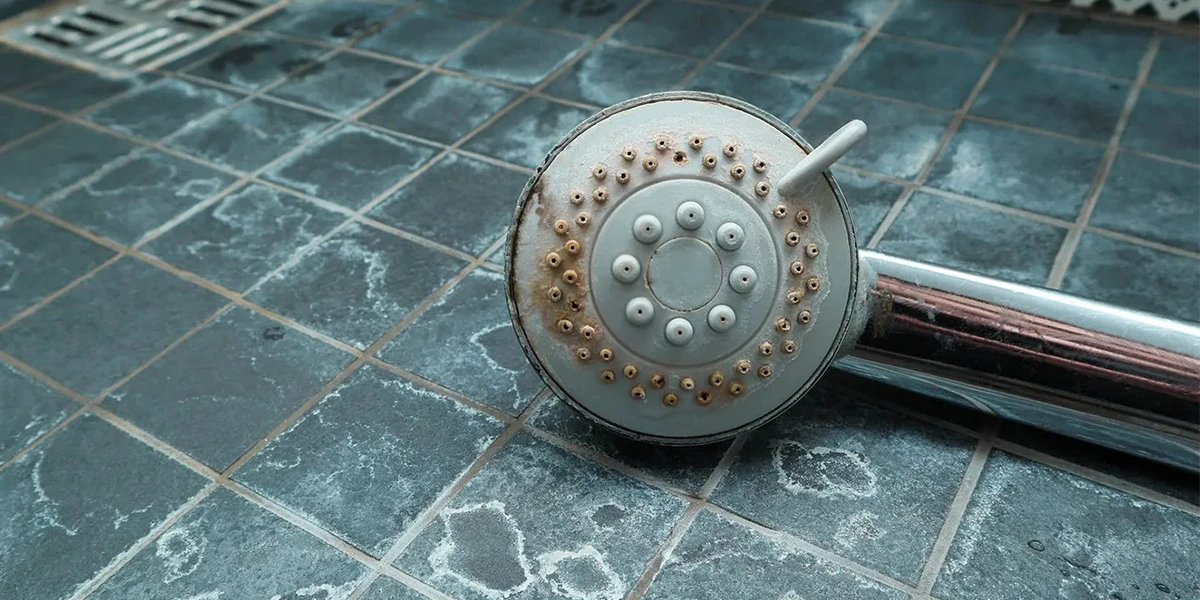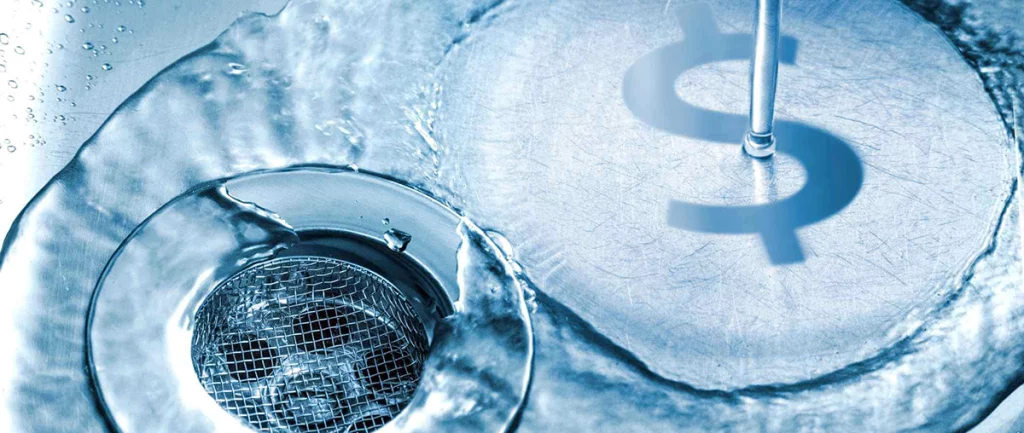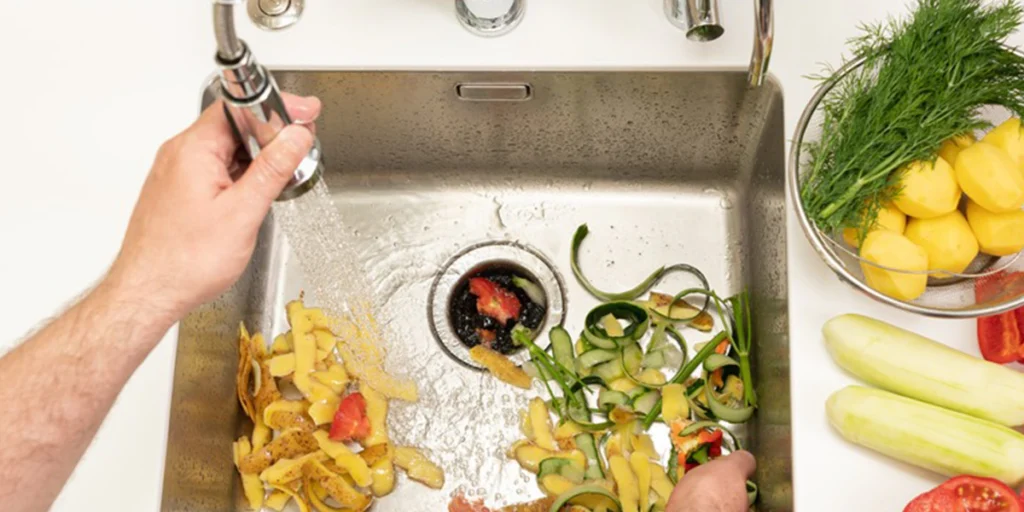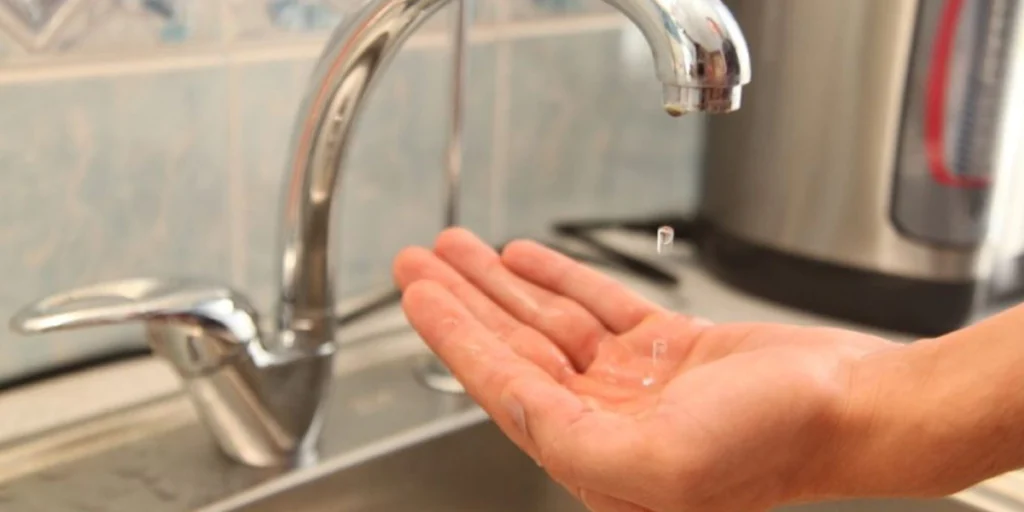Hard water stains are a common household nuisance caused by mineral deposits left behind when water evaporates. These stains, typically composed of calcium and magnesium, can accumulate on glass, faucets, shower doors, and sinks, making surfaces look dull and dirty. Fortunately, there are effective ways to both prevent and remove these stubborn stains.
How to Prevent Hard Water Stains
The best way to prevent hard water stains is by taking proactive steps to minimize mineral buildup. Here are some effective methods:
1. Install a Water Softener
A water softener is one of the most effective long-term solutions for preventing hard water stains. It removes excess minerals from the water, reducing buildup on surfaces and appliances.
2. Use Water-Repellent Coatings
Applying a water-repellent treatment to glass surfaces, such as shower doors and windows, creates a protective barrier that prevents mineral deposits from forming.
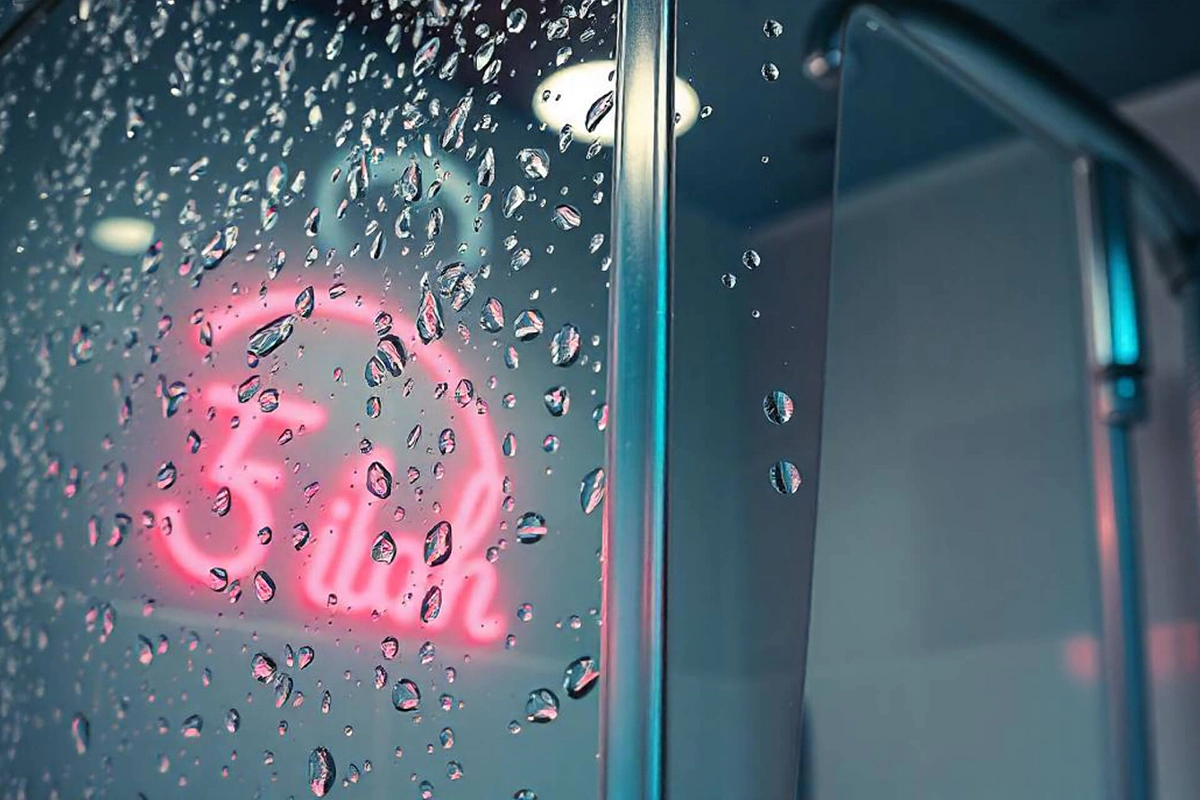
3. Wipe Surfaces Dry
After using water in areas prone to stains, such as sinks, shower doors, and faucets, wipe surfaces dry with a microfiber cloth to prevent water from evaporating and leaving behind residue.
4. Clean Regularly
Regular cleaning with mild, non-abrasive cleaners helps prevent the accumulation of mineral deposits. Weekly maintenance can keep stains from becoming deeply embedded.
5. Use Vinegar as a Preventative Measure
Spraying surfaces with a mixture of white vinegar and water (1:1 ratio) once or twice a week can help dissolve minerals before they turn into stubborn stains.
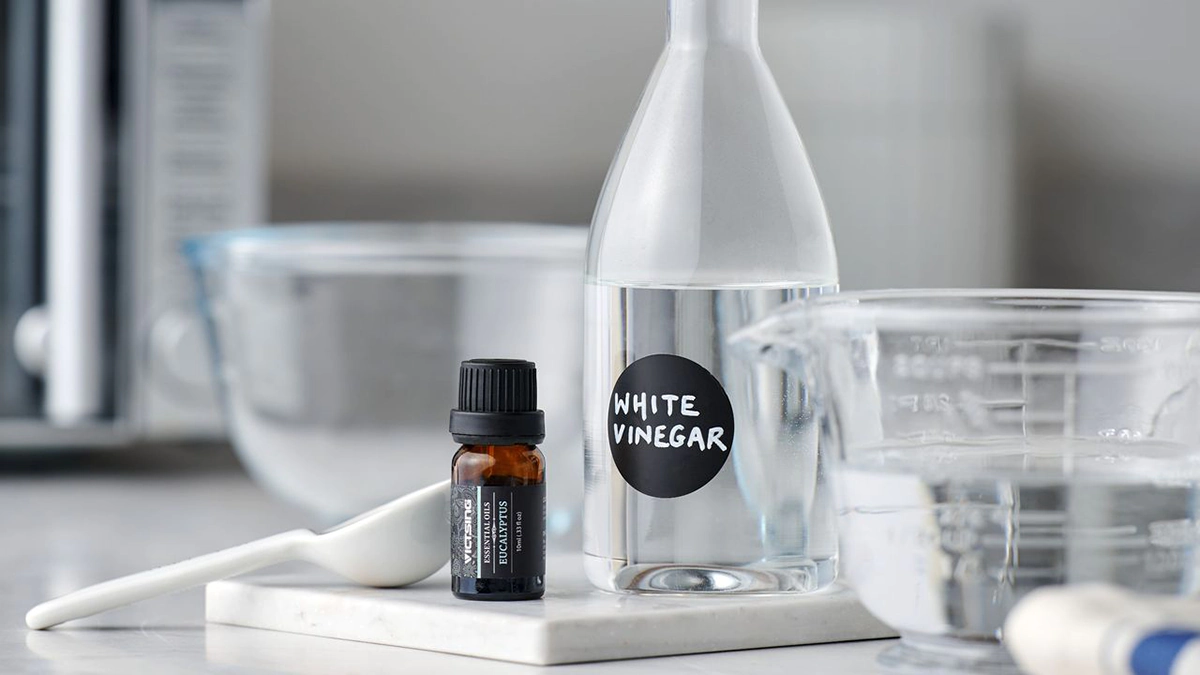
How to Remove Hard Water Stains
Removing hard water stains can be easy with the right techniques. Here are some effective methods:
1. Vinegar and Baking Soda Solution
A combination of white vinegar and baking soda creates a powerful cleaning paste that can dissolve hard water stains effectively. How to use:
- Apply a paste of baking soda and vinegar to the affected area.
- Let it sit for 10–15 minutes.
- Scrub gently with a non-abrasive sponge or brush.
- Rinse with water and dry with a clean cloth.
2. Lemon Juice
Lemon juice contains natural acids that help break down mineral deposits. How to use:
- Cut a lemon in half and rub it directly on the stained area.
- Allow the juice to sit for a few minutes.
- Wipe with a damp cloth and dry thoroughly.
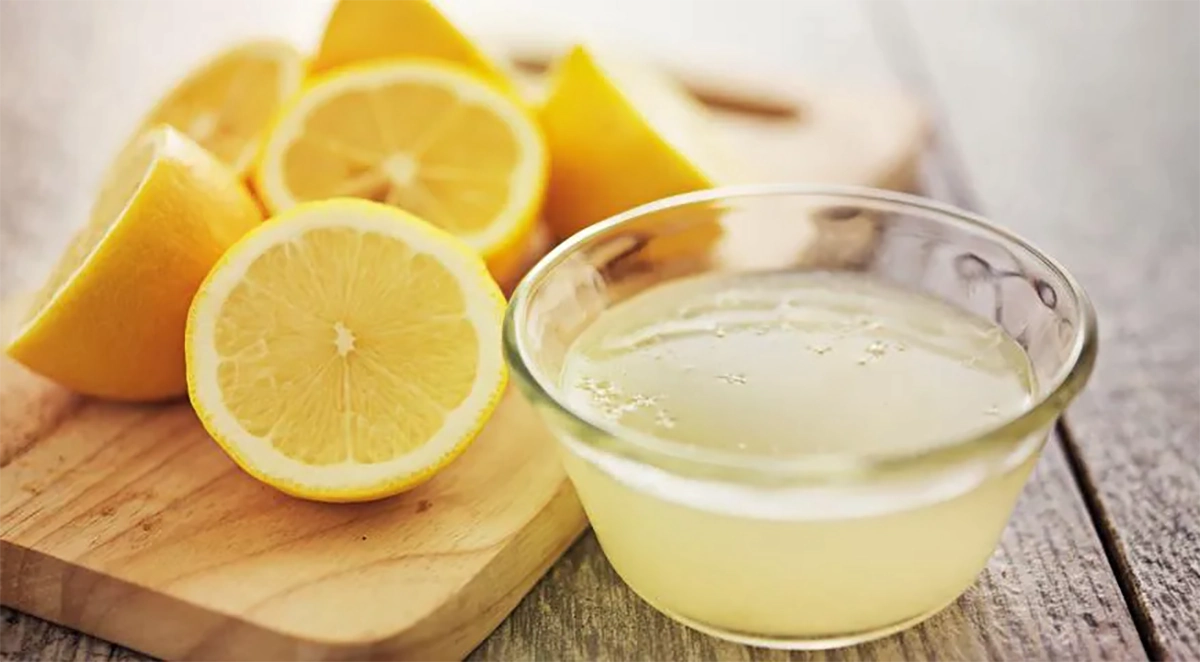
3. Commercial Cleaners
There are many commercial products specifically designed to remove hard water stains. Look for cleaners that contain citric acid or acetic acid, as they effectively break down mineral buildup. How to use:
- Follow the manufacturer’s instructions for the specific product.
- Ensure proper ventilation when using chemical-based cleaners.
4. Rubbing Alcohol or Ammonia
For tough stains on glass or chrome fixtures, rubbing alcohol or diluted ammonia can be effective. How to use:
- Mix equal parts water and rubbing alcohol or dilute ammonia (1 part ammonia to 3 parts water).
- Apply with a cloth or spray bottle.
- Wipe clean and dry the surface thoroughly.
5. Pumice Stone (for Toilets and Porcelain Surfaces)
A pumice stone can help remove stubborn mineral deposits from toilet bowls and other porcelain surfaces. How to use:
- Wet the pumice stone and gently scrub the stained area.
- Rinse thoroughly after cleaning.
Conclusion
Hard water stains can be unsightly, but they are manageable with the right preventive measures and cleaning techniques. By using household solutions like vinegar, baking soda, and lemon juice, or investing in a water softener, you can keep your home free from these stubborn stains and maintain a clean, polished look.
FAQs
Hard water stains are caused by minerals like calcium and magnesium that remain on surfaces after water evaporates. Over time, these deposits can build up and become difficult to remove.
To prevent hard water stains:
• Install a water softener to reduce mineral content.
• Wipe surfaces dry after use to prevent water from evaporating.
• Apply a water-repellent coating to glass surfaces.
• Clean surfaces regularly using vinegar or mild cleaners.
A mix of white vinegar and baking soda works well. Apply the paste to the stained area, let it sit for 10–15 minutes, then scrub gently and rinse. Lemon juice is also effective for lighter stains.
No, hard water stains can be removed with the right cleaning methods. However, if left untreated for a long time, they can etch into surfaces, making them harder to remove.
Vinegar is safe for glass, faucets, and most metal fixtures but should be used with caution on natural stone (like marble or granite), as it can damage the finish.



